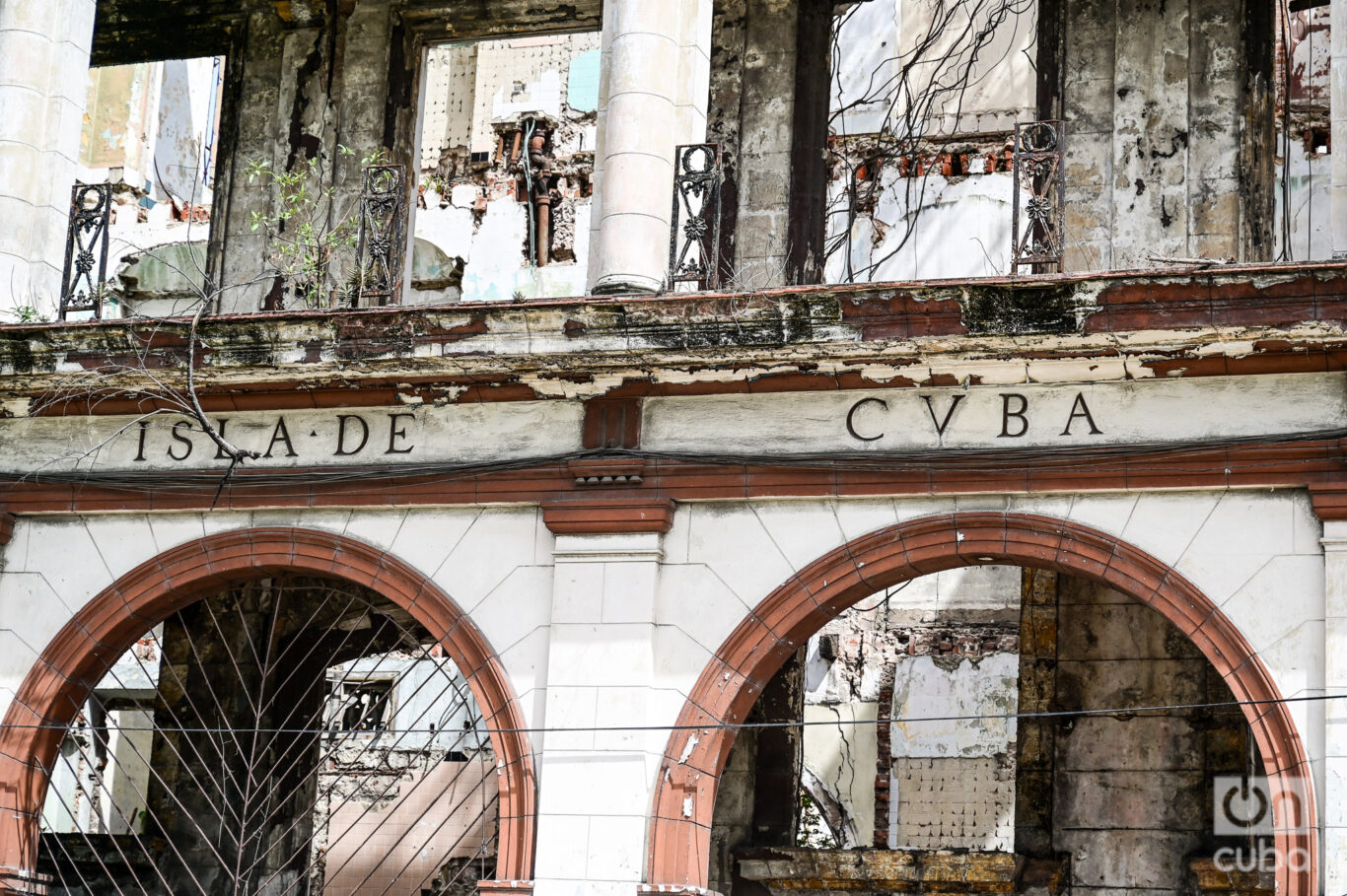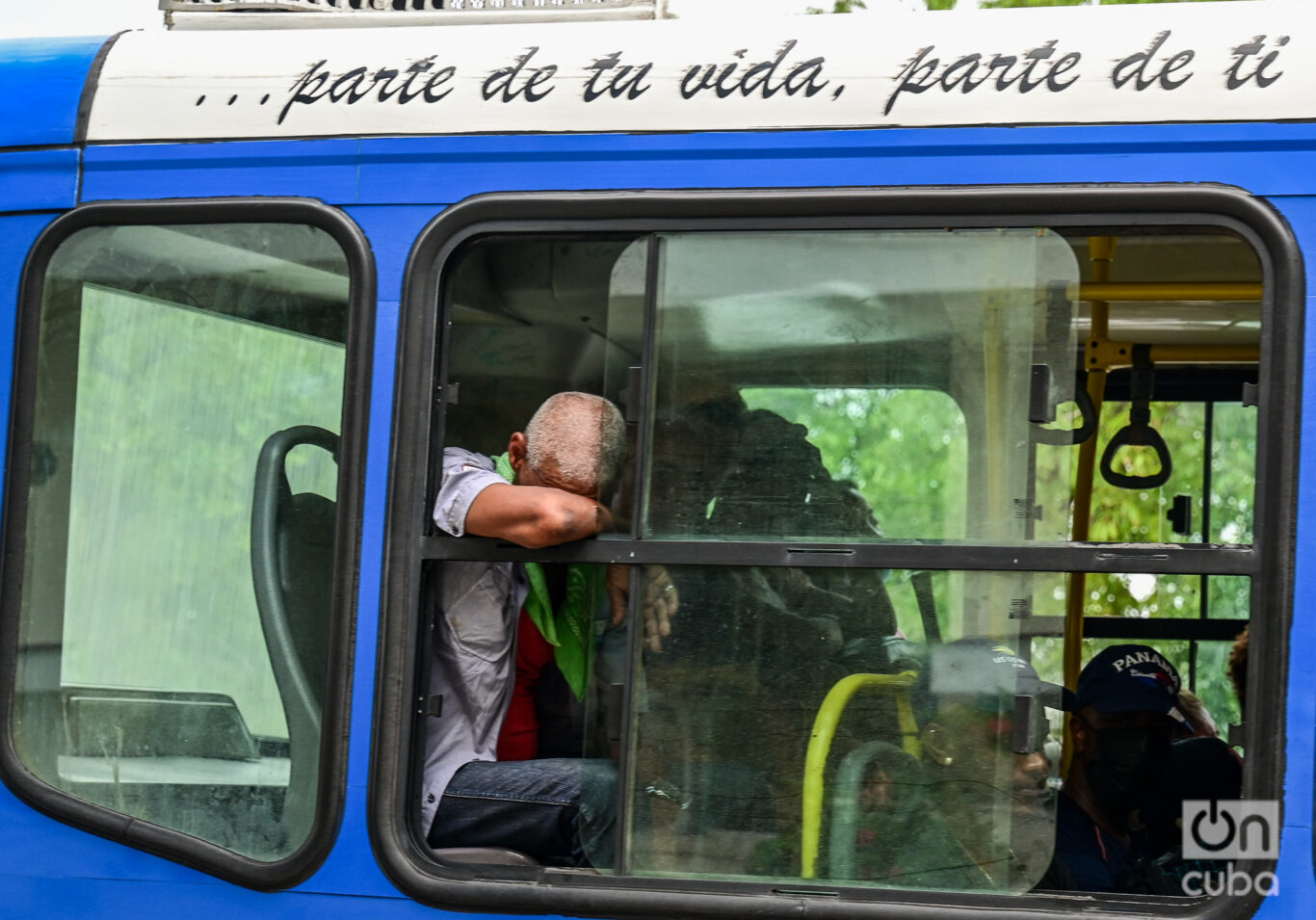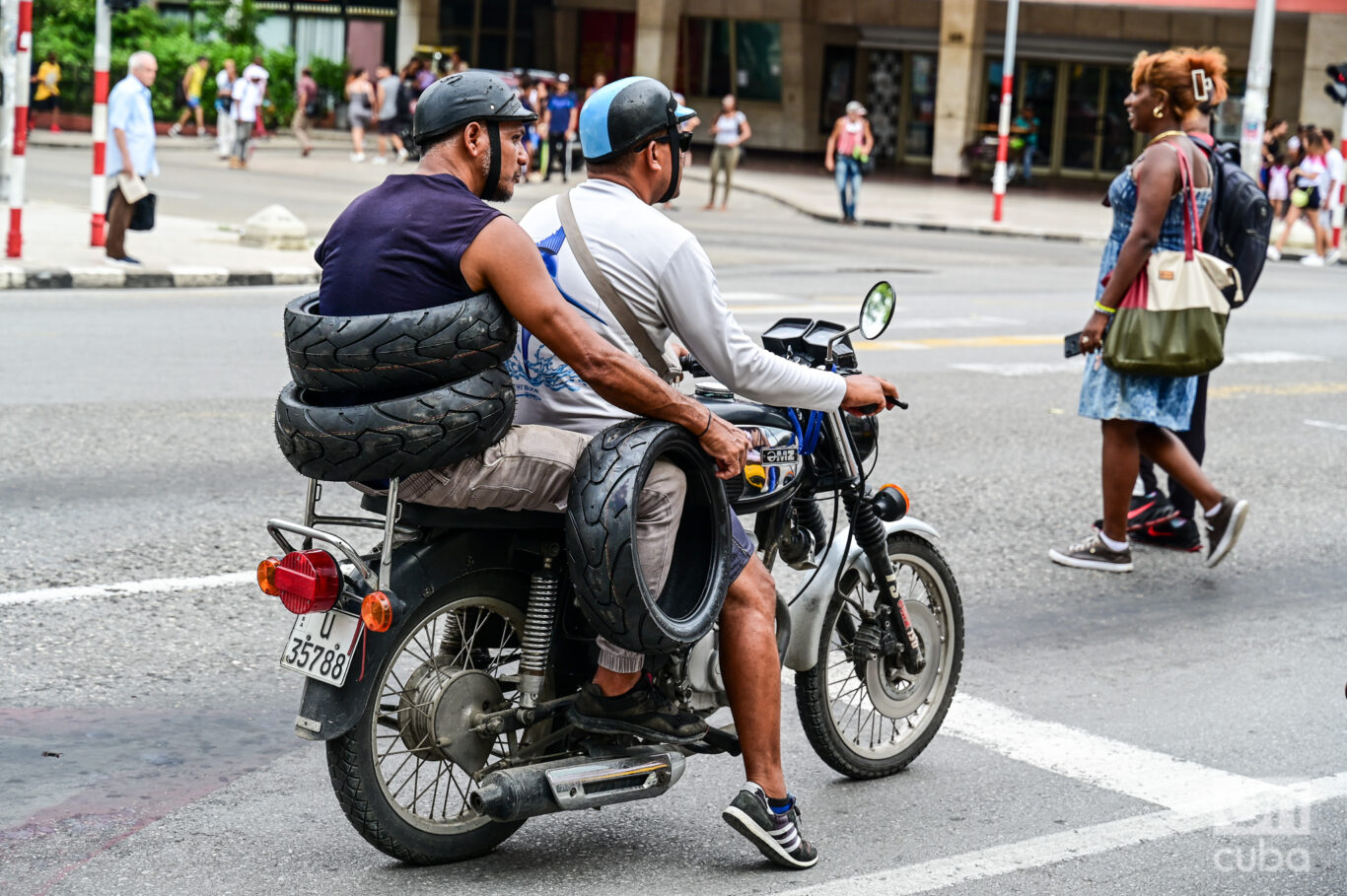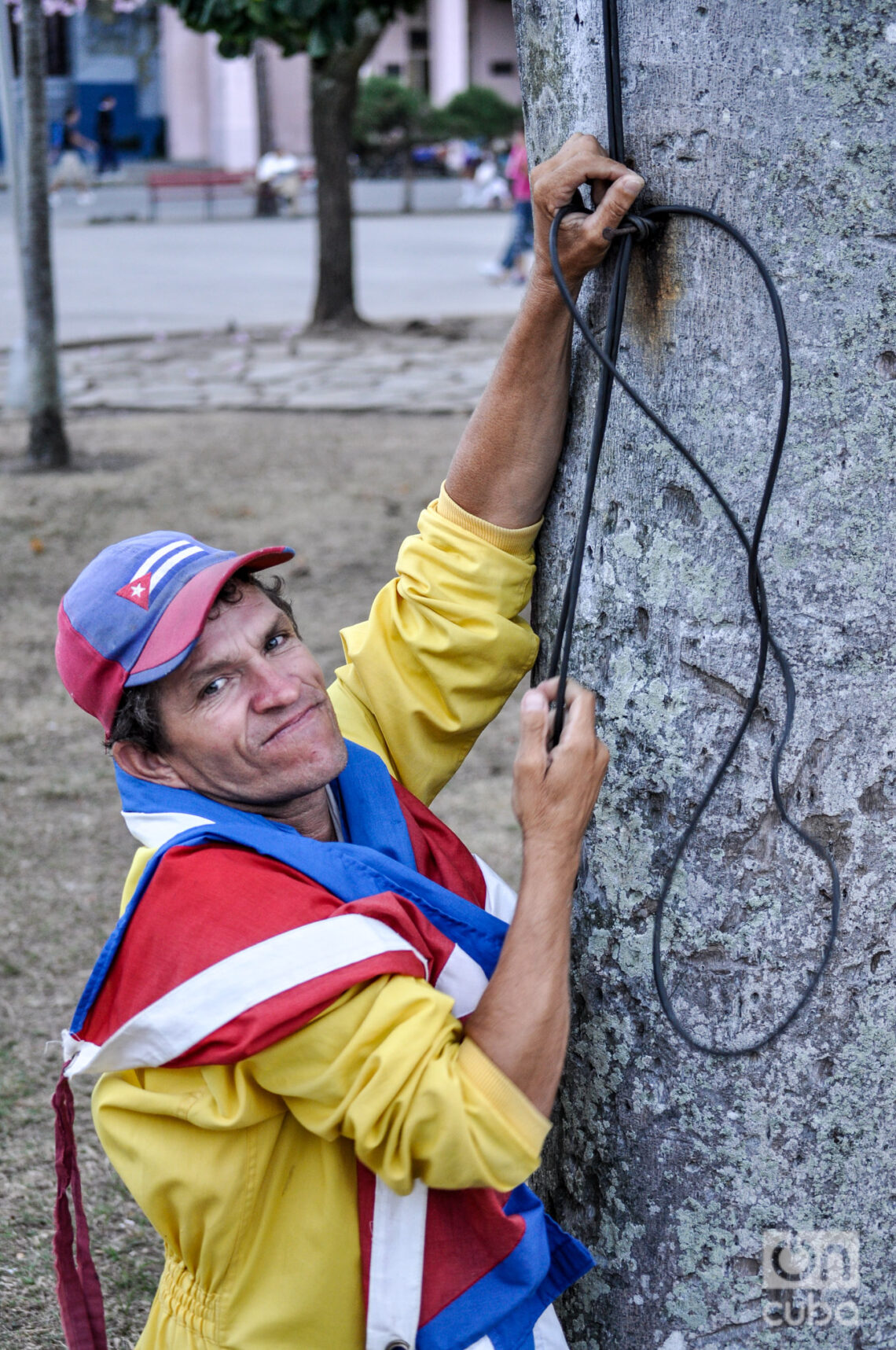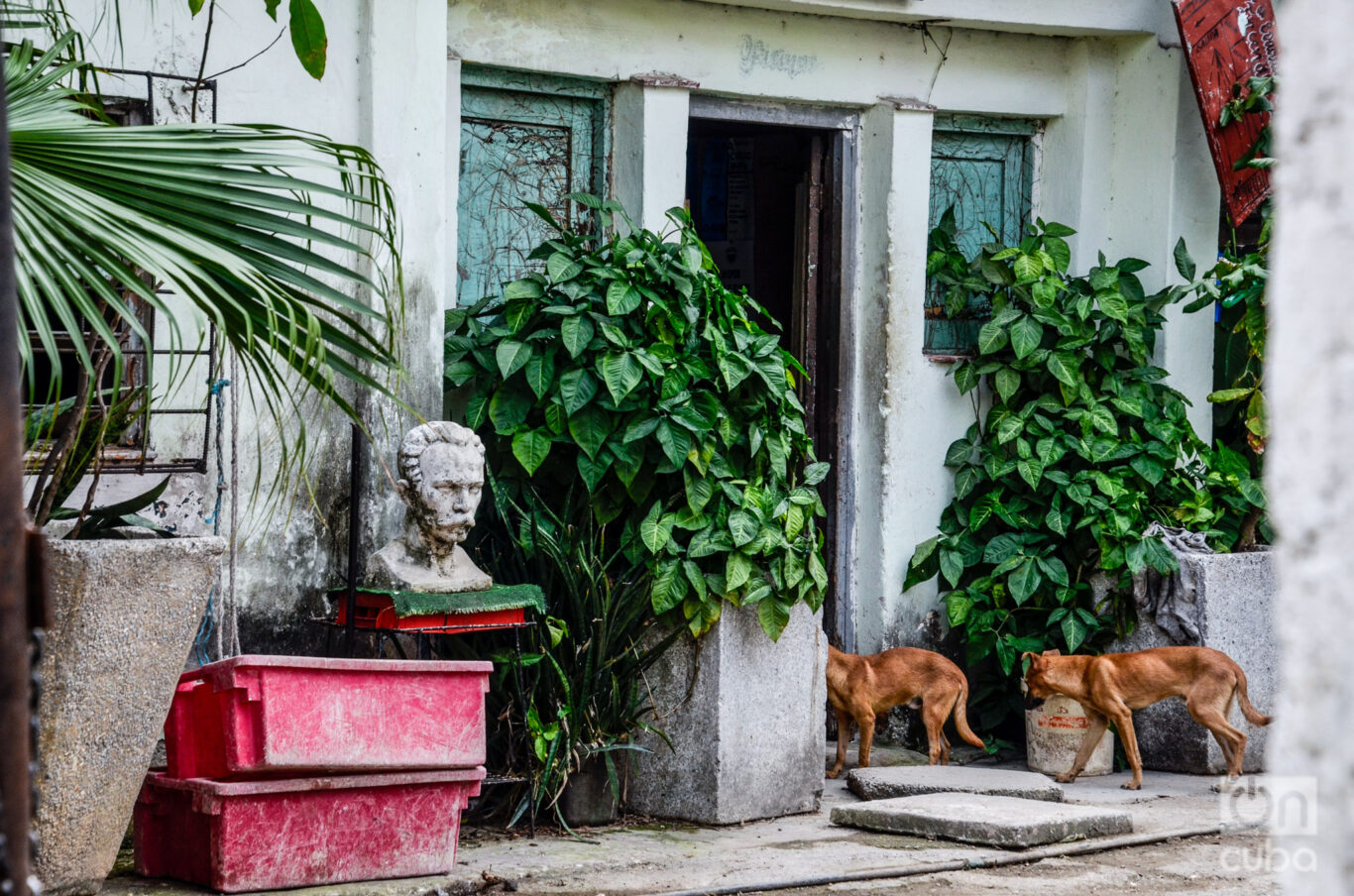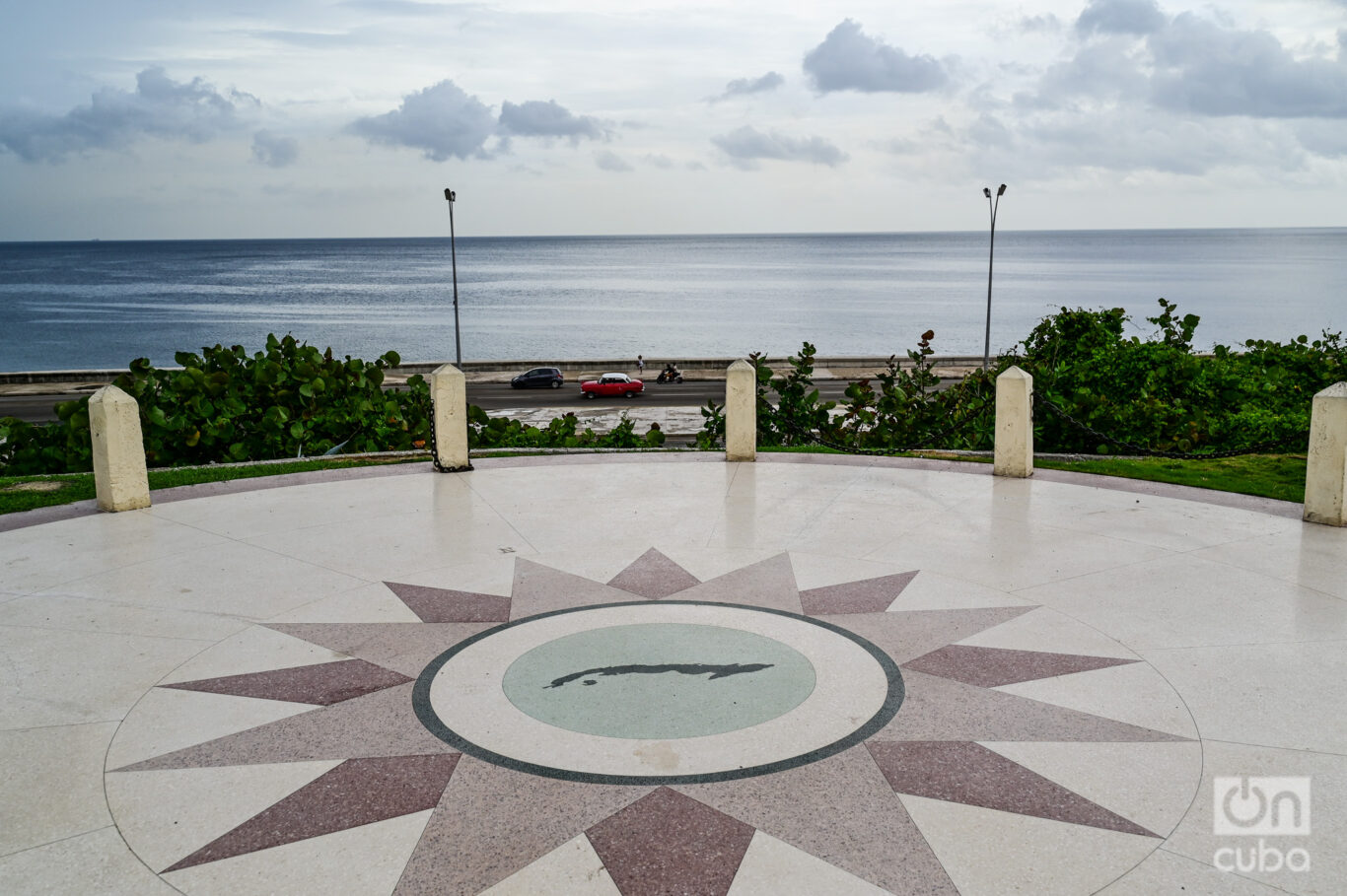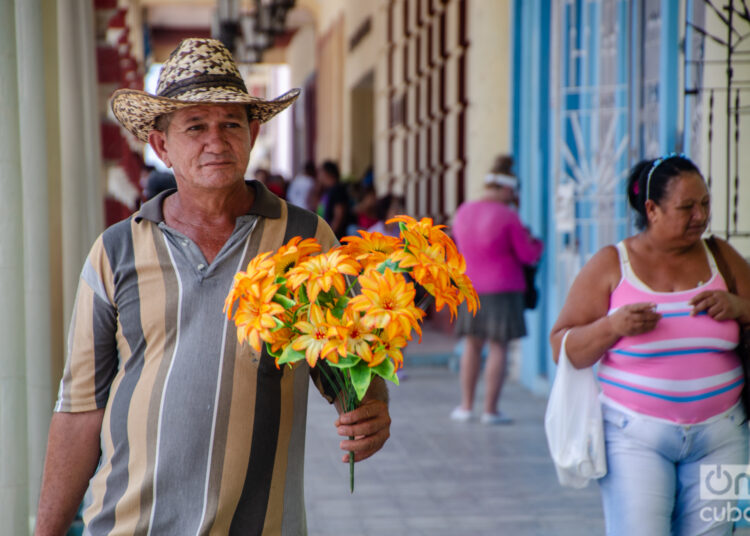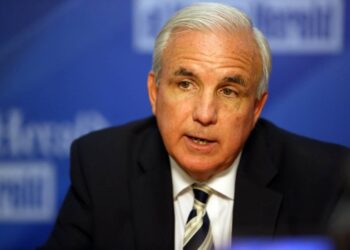If I were asked to build a bridge between the year that has gone and the one that has arrived, I would propose a couple of lines from the Cuban poet Reina María Rodríguez, from her poem “Resaca” (Hangover):
Time returns, it reverses itself and I need that reversibility to exist.
This poetic bridge would not only serve to connect two calendars, but also to reflect on the cycle of challenges and hopes that define Cuban daily life. 2024 brought with it myriad complexities that brought to the forefront the already fraying tensions of life on the island. At the same time, it left evidence of the determination of a people, beyond the slogans.
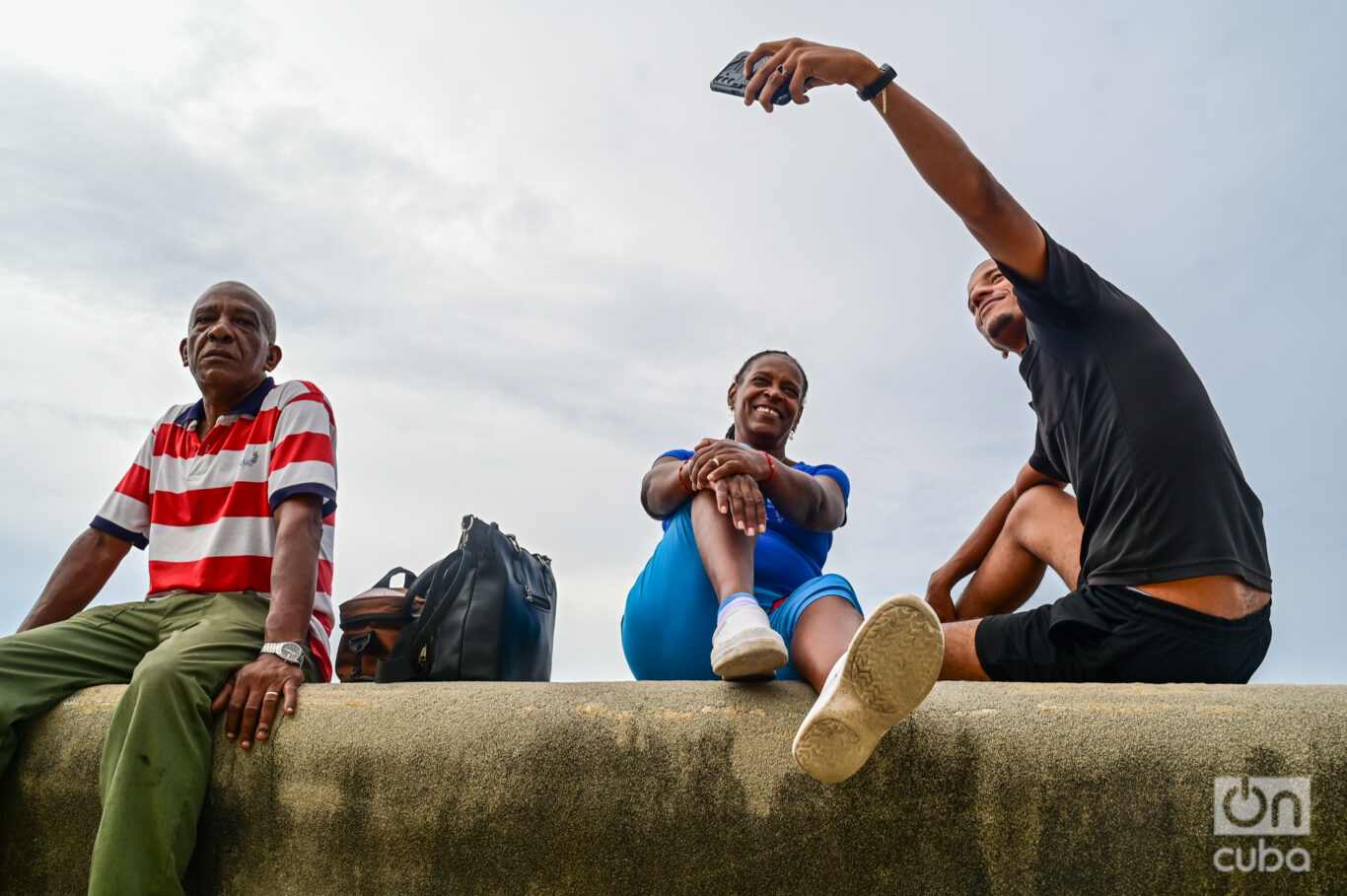
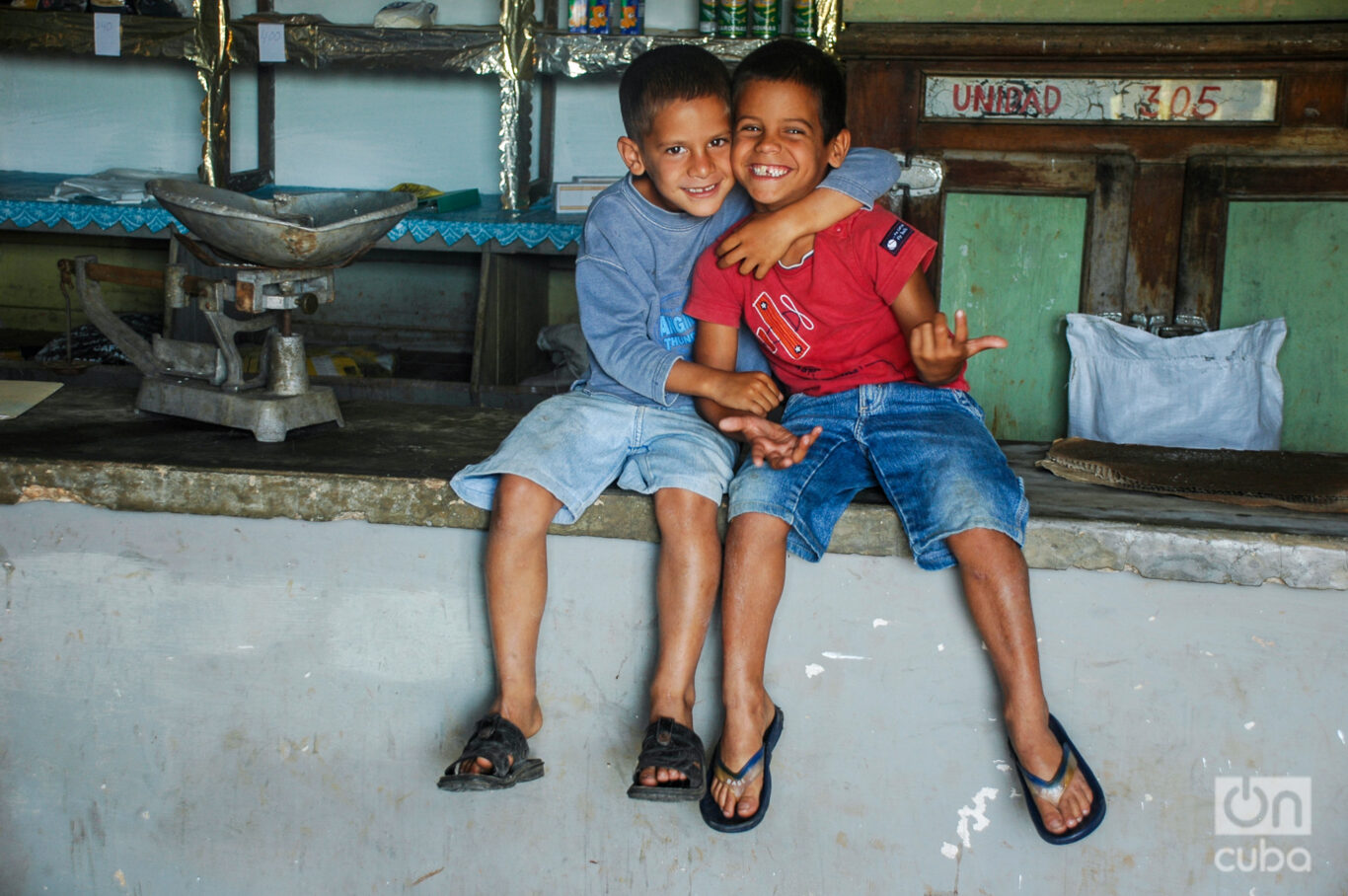
In Cuba, the history of the present seems to be recycled with the accumulated weight of previous years. Everyday life is reinvented in informality and ingenious patches that extend the life of outdated objects. The political class interprets reality and its recipe is “creative resistance”, while that reality becomes rougher with each passing day. The economy drags the heavy chains of internal errors and the U.S. blockade.
But Cuban creativity does not lie in a slogan, but in the need to make the impossible possible. The capacity for reinvention is what keeps the country moving forward, even though the terrain is so rough.
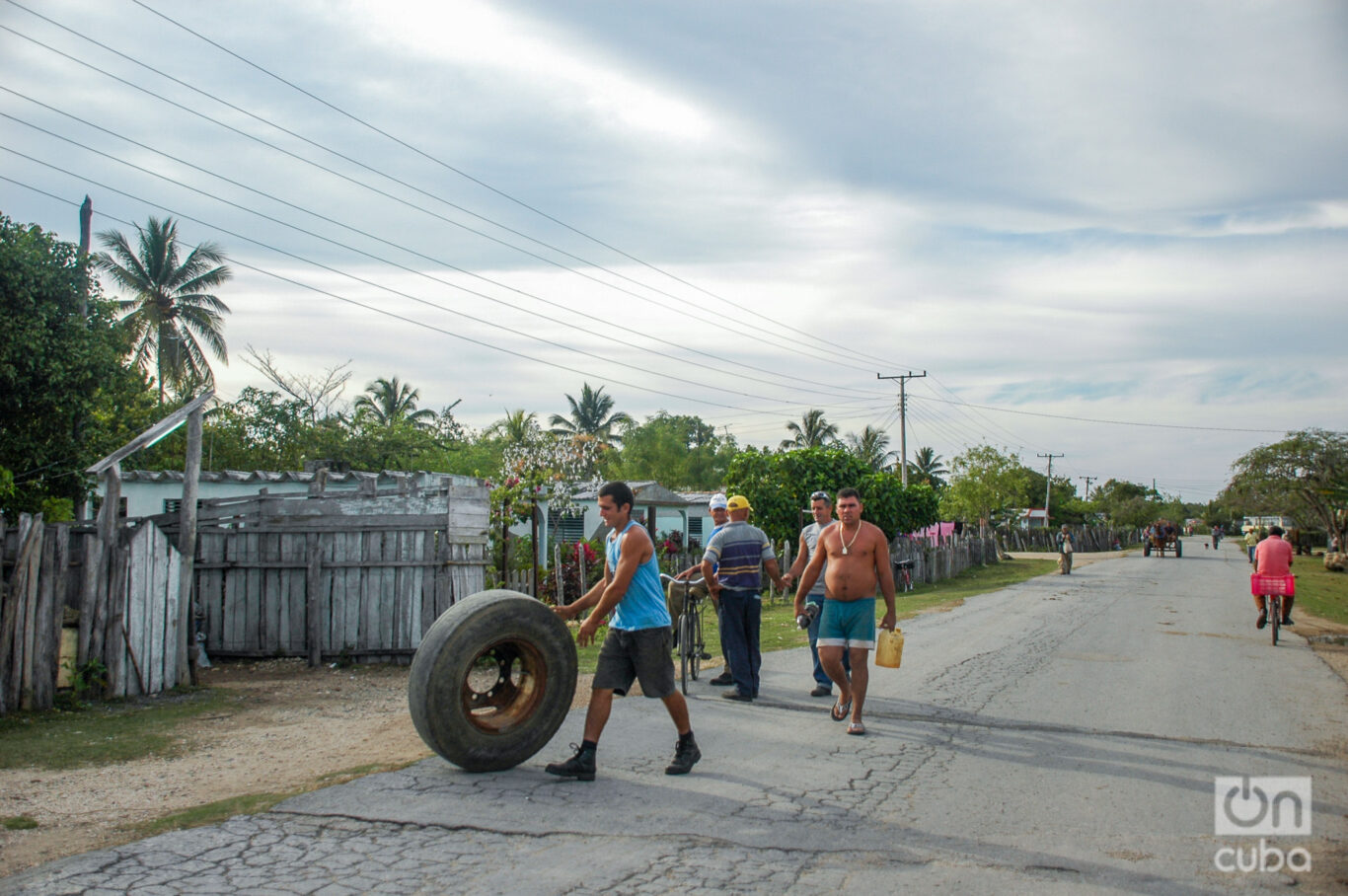
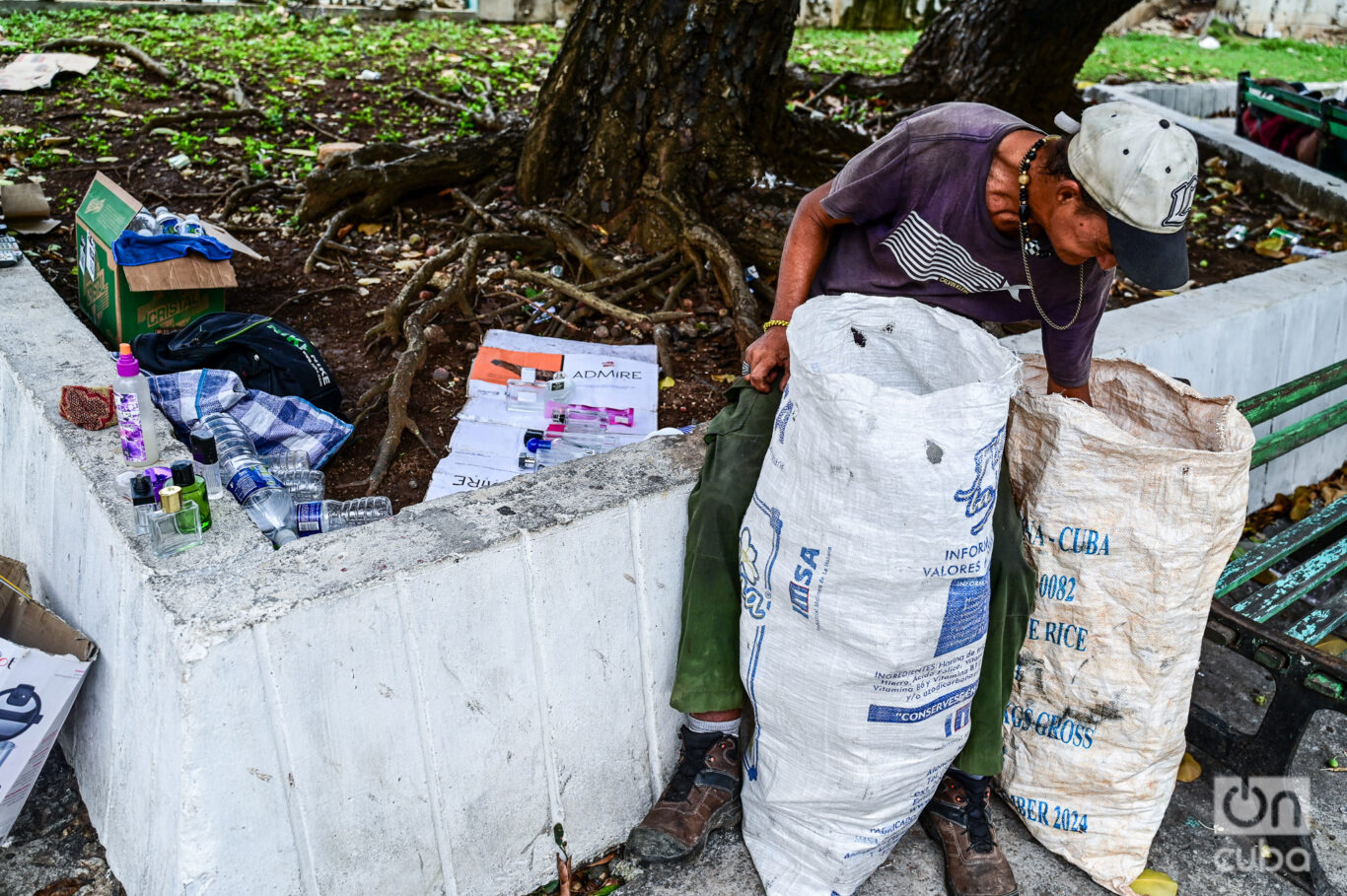
For my people, I wish the essential: a plate of food on every table, hopefully, succulent and not always what they have been able to get or fight for. May we often hear that expression of the character Amado del Pino in the movie Clandestino when he says to his comrades in the middle of a hunger strike: “A little soup with bones, delicious. Mommy, throw me a bucket of stew, so there’s enough for everyone. Don’t you get muddy when you eat? Ah, anyone who doesn’t get muddy doesn’t enjoy it!
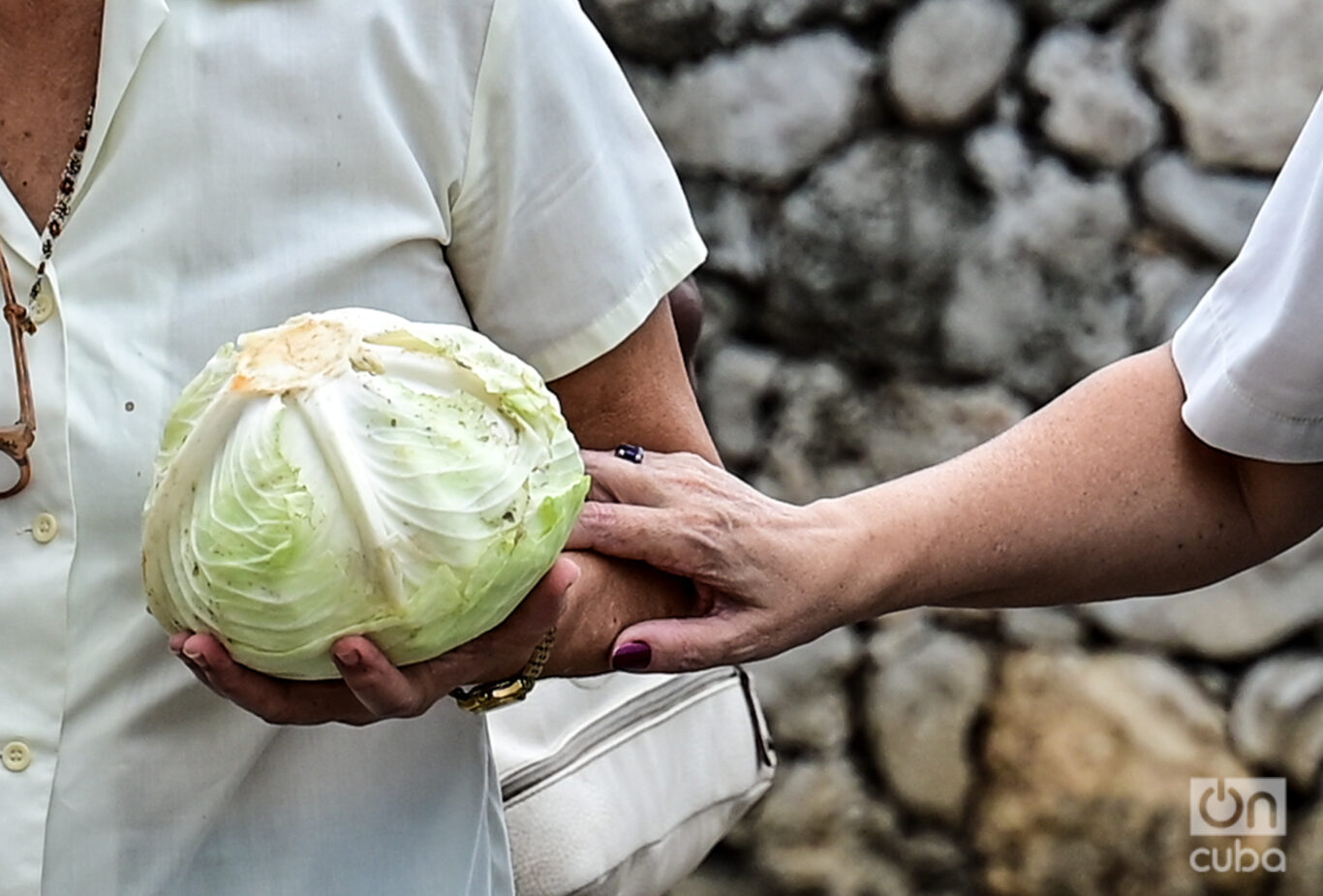
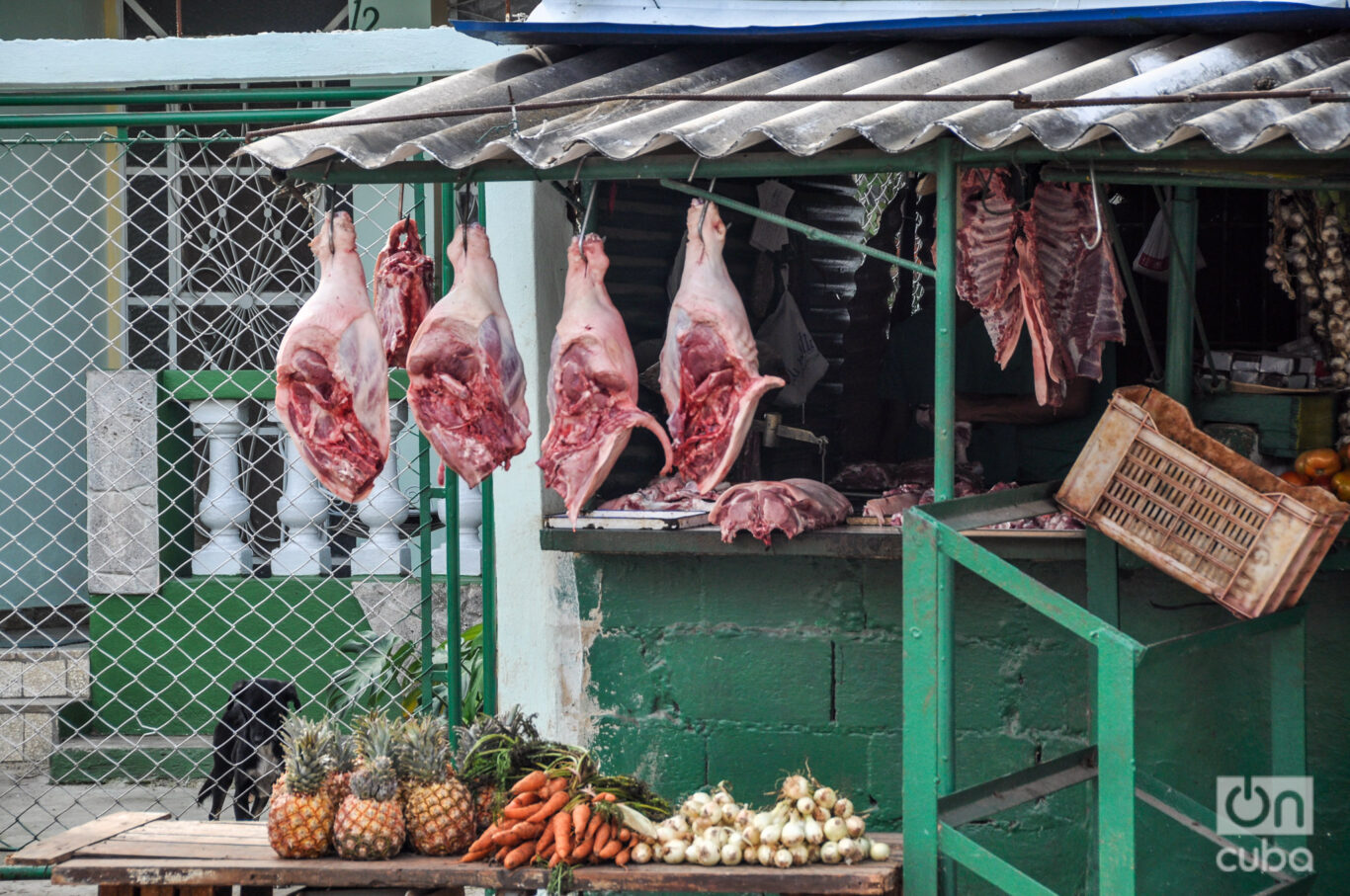
May we feel the warmth of loved ones close to us, and may the possibility of dreaming and enjoying reign instead of resignation to endurance. May creativity, instead of being a tool of resistance, become a means of celebration. May farewells give way to reunions, and may we finally see the promised horizon.
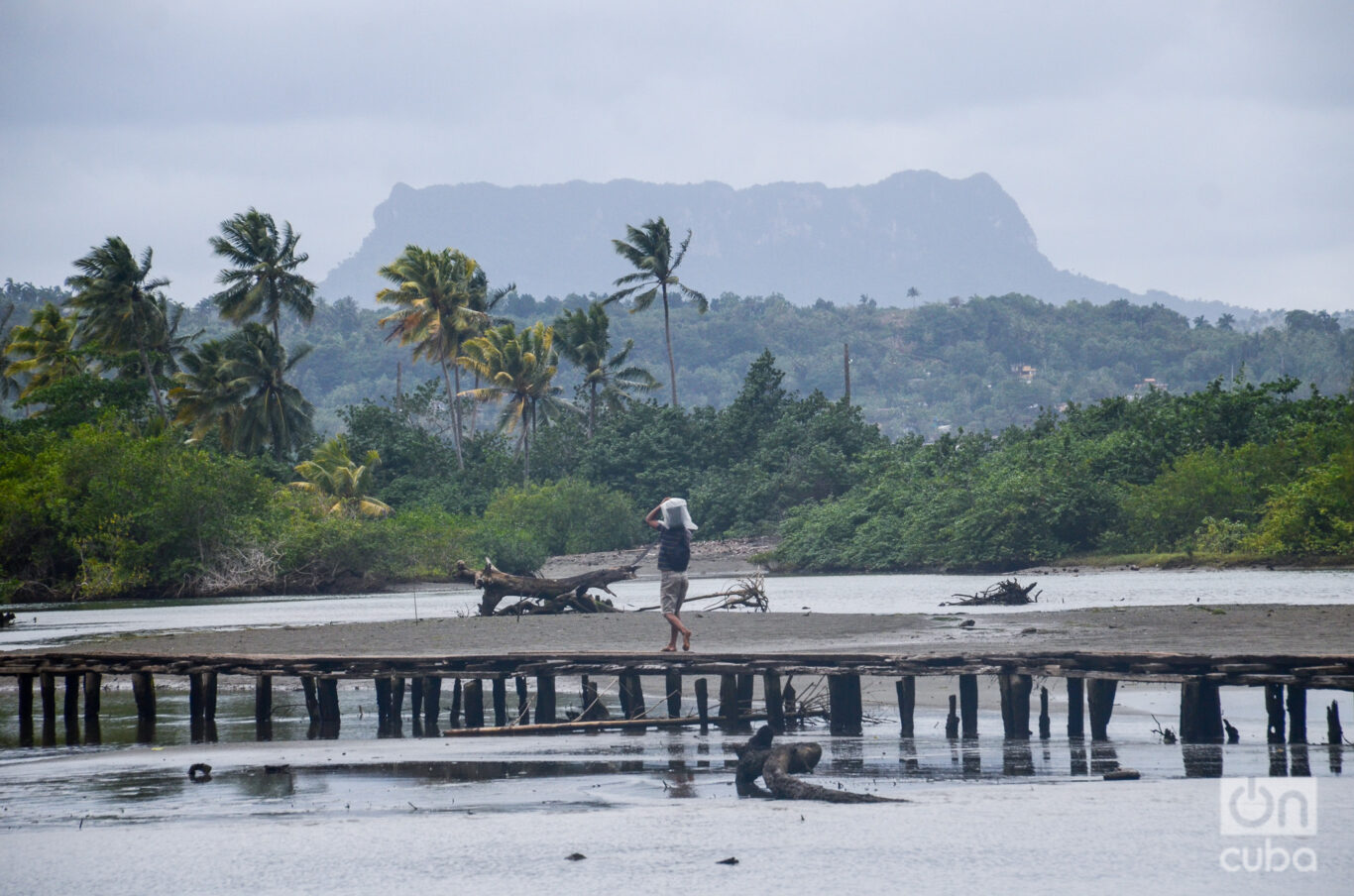
If time, as Reina María Rodríguez suggests, reverses itself and allows us to exist, perhaps it can be a resource for rediscovering ourselves. Perhaps we can learn from the past without repeating its mistakes and move forward with the wisdom born from the scars. This is the wish that I dare to share: that 2025 may be, at last, the year where the bridge not only connects but also elevates; where time not only returns but also propels. Where there is no need to resist but to enjoy. May we find ourselves in 2025 with a kinder landscape, where life is full, dignified and good.
